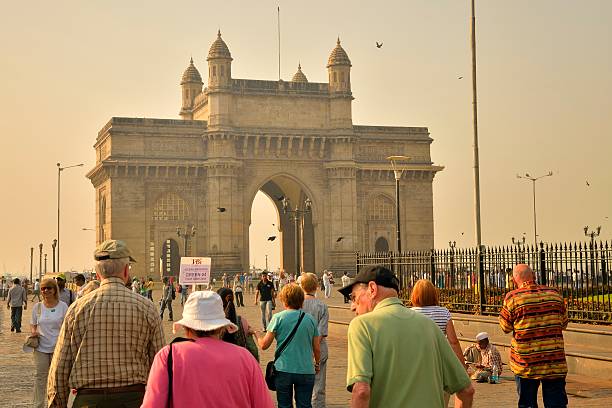Adventure travel offers a unique blend of thrill, excitement, and the opportunity to learn new skills. It is not just about exploring new places or seeking adrenaline rushes; it’s also an effective way to acquire practical abilities and valuable life lessons that cannot be learned within the confines of a classroom or office.
Firstly, adventure travel pushes you beyond your comfort zone. This could mean trekking through dense jungles, climbing steep mountains, rafting in raging rivers, or even diving deep into the ocean. These activities require physical effort and mental strength which can enhance your endurance and resilience. Moreover, they often necessitate learning specific skills such as navigation or survival techniques which are invaluable in real-life situations.
Secondly, adventure travel fosters problem-solving skills. Unexpected challenges are part of every journey – weather changes, equipment failure, getting lost – these all demand quick thinking and innovative solutions. Being exposed to such situations helps develop critical thinking capabilities along with better decision-making abilities under pressure.
Thirdly, adventure travel promotes cultural competence by exposing travelers to diverse cultures around the world. Engaging with locals allows for understanding different customs and traditions firsthand. This enhances one’s adaptability and tolerance towards different perspectives while also improving communication skills across language barriers.
In addition to this cultural immersion experience is the chance to learn new languages that comes with traveling abroad. While guidebooks may provide basic phrases for communication purposes during your travels, nothing beats practicing conversational language skills directly with native speakers.
Moreover, adventure travel encourages teamwork as many activities like hiking or rafting involve working together as a group for success. This collaboration requires clear communication and cooperation amongst team members which can improve leadership qualities along with interpersonal relationships.
Lastly but importantly is how adventure travel contributes towards self-discovery by testing one’s limits physically and emotionally amidst unfamiliar environments away from daily routine life distractions. Such experiences offer insights into personal strengths and weaknesses helping individuals grow holistically by developing confidence alongside emotional intelligence.
In essence, adventure travel is much more than just a break from the monotony of life or an adrenaline-pumping experience. It provides a platform to learn and grow, to challenge oneself and conquer fears, to appreciate diversity and embrace adaptability. The skills acquired through these experiences are not only applicable in various aspects of life but also contribute towards personal development and self-improvement. So next time you plan a vacation, consider opting for an adventure trip – it might turn out to be the best learning journey you’ve ever embarked on!

